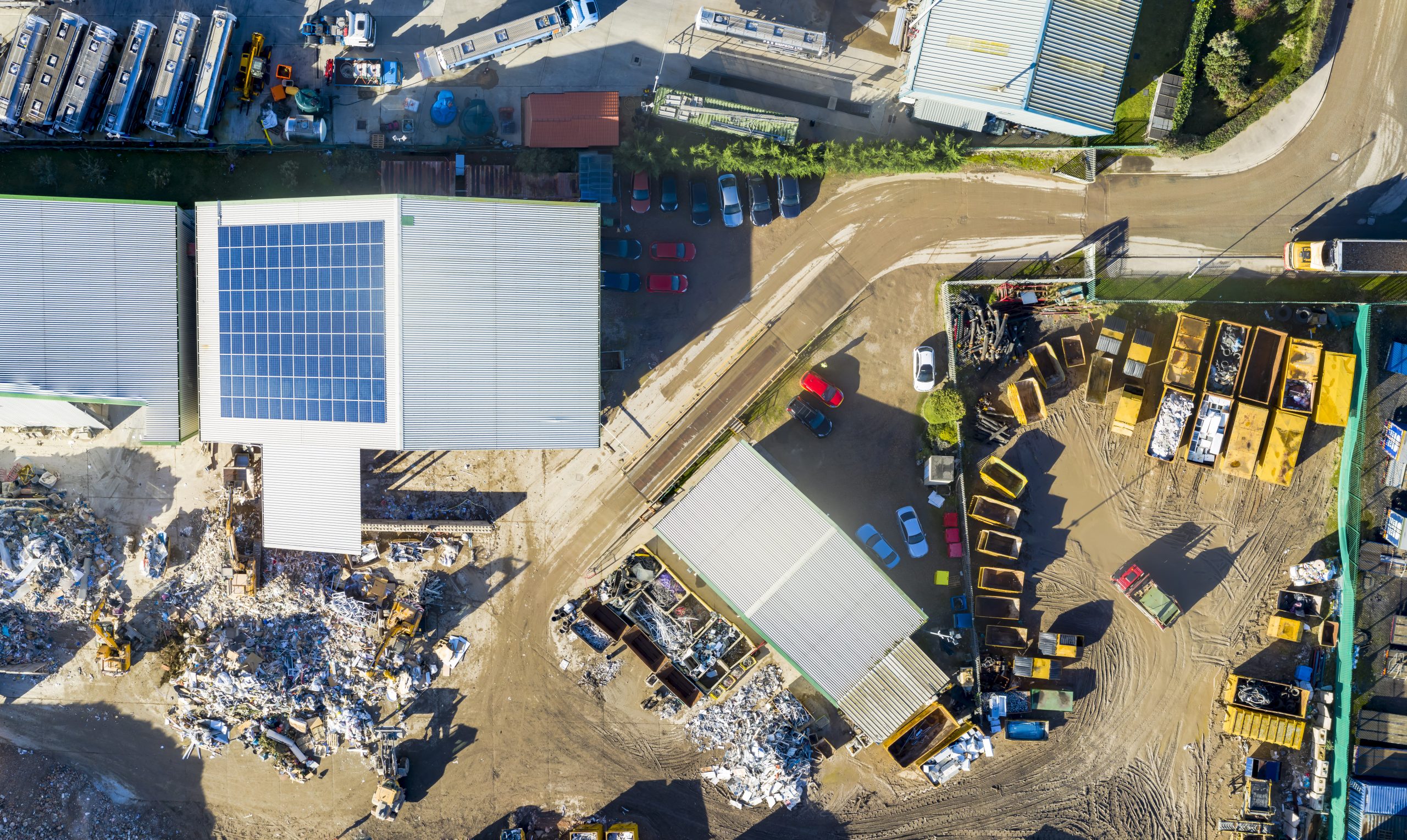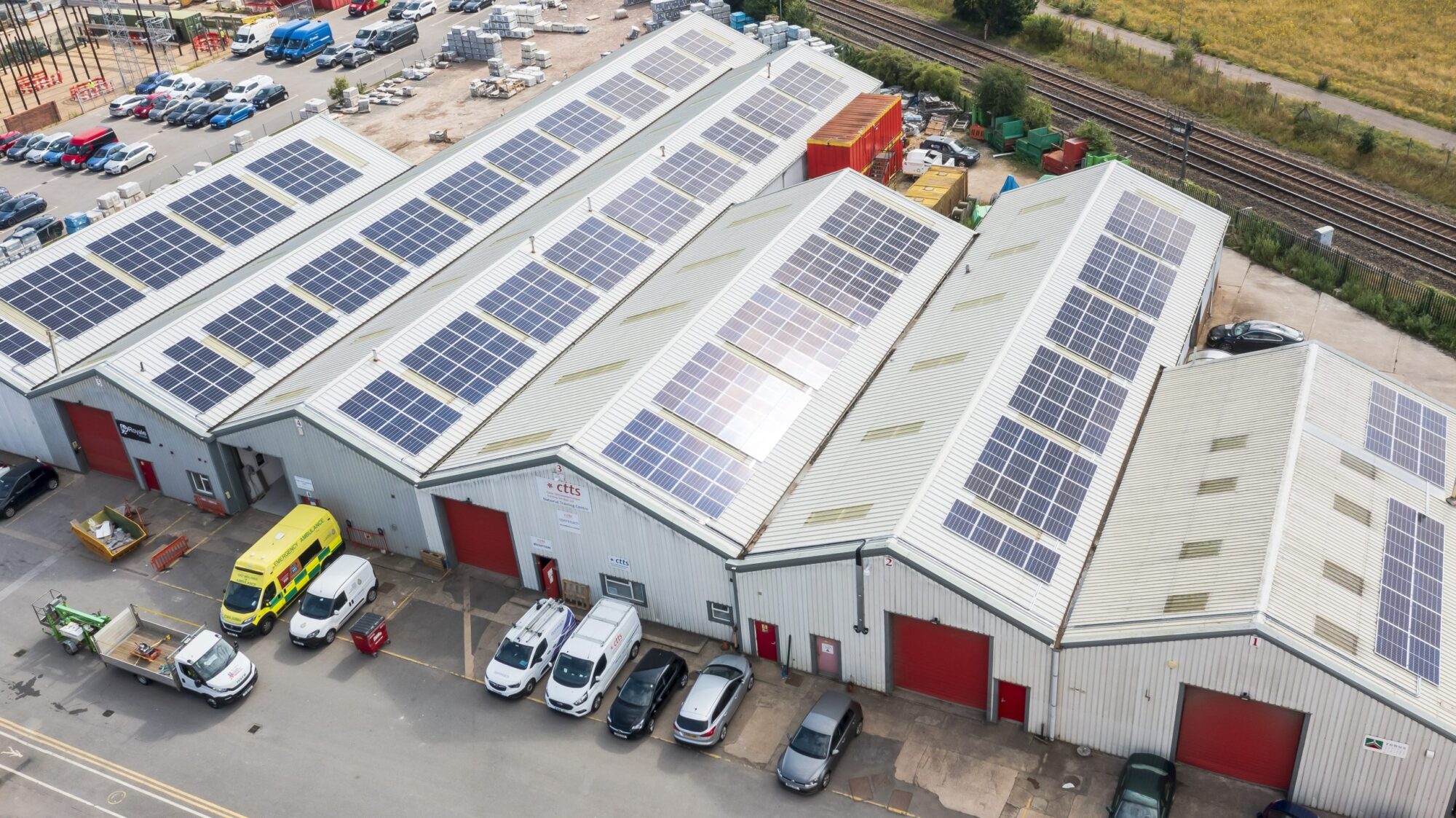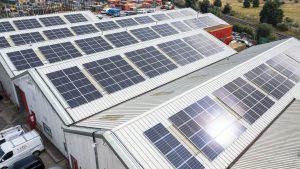Lindum has invested in 429 new solar panels at its North Hykeham Business Park.
The investment will reduce the amount of energy pulled from the National Grid and is expected to reduce the company’s annual electricity bill by around £16,000.
It will also offset more than 66 tonnes of carbon dioxide a year (around the same amount that 3,176 fully grown trees could absorb.)
During peak sunshine, the new panels can produce up to 156kw of energy per hour. This is the same amount needed to power 15,600 ten watt LED lightbulbs for an hour or drive 600 miles in an electric car.
The system is around 40 times the size of those usually installed on domestic houses.
Lindum has long been a pioneer of green energy consumption. The electricity it buys from E-on is ‘sustainable’, meaning it has no carbon footprint.
By generating its own energy and pulling less from the grid, it means there will be more of E-on’s ‘green’ electricity available for other customers to use.
Our new panels were installed by North Hykeham company UK Alternative Energy, which is based down the road from Lindum on the Westminster Industrial Estate.
Managing Director Derrick Denton said: “It has been great to work with John Chaplin at Lindum on this project and to see Lindum take its corporate responsibility seriously in light of current climate change issues on this site and others they own. “This has been a big investment and I hope this inspires other Lincolnshire companies to make the change.”
Lindum has committed to being a net zero carbon company by 2031. It is partnering with The Planet Mark, to certify and measure its carbon footprint to Government standards and support its journey to substantial reductions.
This is Lindum’s fifth installation of solar panels. Other can be found on buildings at its Waste Recycling Centre in Saxilby (which produce a peak power of 49.82 kw of energy) at its Joinery workshop in Lincoln (with a peak power capability of 26.32 kw), at its Stores building in Lincoln (with a peak power of 3.99 kw) and at the Peterborough Business Park (which can produce a peak power of 48.9 kw).

The current investment has come about partly thanks to the Government’s Covid recovery response, as businesses are being offered tax incentives to press ahead with capital spending projects.
The investment is expected to be recouped via bill savings within next six to seven years and there are already talks to expand the scheme early next year.


